Empress Dowager Cixi's bed was carved by Westerners, the content is shocking!
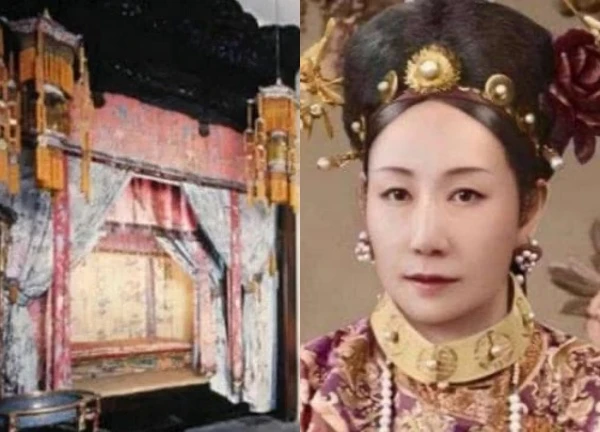
2 | 0 Discuss | Share
Kings always believed in the mandate of heaven, calling themselves "sons of heaven" - the ones who rule the world. Therefore, prophecies about the fate of the nation were not only revered but could also make monarchs change their policies on governing the country.
When the Qing army invaded Central China, Prince Regent Dorgon, who had power equal to that of the emperor, met a Taoist priest and asked him about the future of the new dynasty. Unexpectedly, the blind priest's answer was like a curse that would plague the Qing Dynasty for more than 200 years.
Shocking prophecy on Thanh Long bridge
In 1644, while leading the Qing army into Beijing, Dorgon accidentally met a Taoist priest while crossing the Qinglong Bridge. As a person who believed in fortune-telling, he stopped and asked curiously: "The Ming Dynasty has fallen, and our Qing army has entered the capital. Will we be able to establish a long-term career?"
The blind Taoist replied without hesitation: "Can establish the world."
Hearing this, Dorgon could not hide his joy. But before he could breathe a sigh of relief, the Taoist continued: "The world is gained thanks to the regent, the world is lost because of the regent. The world is gained thanks to orphans and widows, the world is lost because of orphans and widows."
This vague prophecy stunned Dorgon. Everyone knew that the "regent" was him. But who did the "widow and orphan" - the widow and fatherless child - refer to? Could it be the Empress Dowager Xiaozhuang and the young emperor Shunzhi?
Dorgon: The Man Who Holds the Fate of the Qing Dynasty in His Hands
Facts have proven that without Dorgon, the Qing Dynasty would have had difficulty conquering the Central Plains. When the Ming Dynasty collapsed, Beijing fell into the hands of Li Zicheng, but within a short time, Wu Sangui – a Ming general – led the Qing army into the interior, paving the way for Dorgon to take control of the world.
As the one who played a major role in shaping the dynasty, Dorgon became the most powerful figure, even being appointed as the Regent Prince, ruling the court for seven years. But it was also this power that brought an end to his life.
Not long after the Qing Dynasty stabilized, Dorgon suddenly died during a hunting trip. The court later convicted him of abuse of power, treason, and disrespect for the emperor, leading to a tragic end: He was stripped of his title, his property was confiscated, and his tomb was destroyed.
The prophecy was half fulfilled: The Qing Dynasty gained the world thanks to the regent, but also fell into turmoil because of the regent.
"The Orphan and the Widow" - A Fateful Coincidence
However, the second half of the prophecy is still there. Is the "orphan widow" really Empress Dowager Xiaozhuang and Emperor Shunzhi?
In fact, when Shunzhi ascended the throne, the real power was held by Empress Dowager Xiaozhuang. She not only protected her son but also maintained stability for the newly established dynasty. Unlike Dorgon, Xiaozhuang did not cling to power. When Shunzhi came of age, she took the initiative to hand over power, helping the Qing Dynasty enter a period of prosperity.
So why does the prophecy still come true?
More than 200 years later, in 1912, the Qing Dynasty officially collapsed. The last person to represent the image of "orphan and widow" was none other than Emperor Pu Yi and Empress Dowager Long Yu.
After the death of Empress Dowager Cixi, Longyu became regent, protecting Puyi when he was only 3 years old. However, under pressure from the revolutionary movement, on February 12, 1912, Empress Dowager Longyu was forced to sign an abdication edict on Puyi's behalf, ending the Qing Dynasty.
Thus, just as the ancient Taoist said: The Qing Dynasty fell because of "widows and orphans".
Prophecy or historical law?
In fact, if we look back at history, the decline of a dynasty comes not only from mystical prophecies but also from the inevitable laws of history. When power is concentrated in an individual or a small group, a dynasty can flourish. But when the royal power weakens, the powerful ministers run amok, the country falls into chaos, and collapse is inevitable.
Not only the Qing Dynasty, but also the Han, Tang, Song, Yuan, Ming... all followed the same path: Reaching the peak and then gradually declining.
Perhaps the Taoist priest of old did not really predict the future, but simply understood the laws of history?
Decoding the mysterious feng shui behind the demise of the Qing Dynasty
In another concept, people believe that the decline of the Qing Dynasty is related to the mausoleum. We all know that after the Qing army entered the pass (entered the Central Plains), the Qing Dynasty had a total of 10 emperors, only the last emperor, Pu Yi, eventually became a commoner and did not build a mausoleum, while the other emperors all had their own mausoleums, which were further divided into two places, the Qing Dong Ling and the Qing Xi Ling.
In 2000, both places were listed as World Cultural Heritage. Speaking of this, many people will be curious, why must the Qing Dynasty mausoleum be divided like that?
Then let's talk a little about Emperor Yongzheng. Every emperor paid great attention to his own tomb. Once he became emperor, he would start planning to build his own tomb. But if we think like that, it's a bit unreasonable. Who would be in a hurry to build their own tomb while still alive?
Ordinary people would probably find a place with good feng shui and tell their descendants to bury them there after they die. But emperors are different. Not only do they want good feng shui, when there is a problem with the tomb, it is also very normal to demolish it and rebuild it, just like Emperor Daoguang.
Before the time of Yongzheng, his father, grandfather, and ancestors were all buried together, also in Dongling, but he was different, he did not want to be buried with them and insisted on choosing a better location.
He spent a lot of time thinking about feng shui, there were many things to consider, and he also considered issues such as the universe, yin and yang. That's why Qingxi Ling appeared. It must be said that Yongzheng was indeed a man of his own opinions, so many of his political solutions were different from Kangxi's.
Kangxi liked his ministers to be frugal, so he often did not want to spend much money on salaries, but Yongzheng was very generous, he was buried in a separate place, mainly because of feng shui, which gave Qianlong a headache.
It must be known that the grandfather-grandson relationship between Kangxi and Qianlong was very good, and they often followed Kangxi's example, but Yongzheng was his biological father, and ancient people placed the most importance on filial piety. He also did not know who he should be buried with, so he thought of a way to build a mausoleum according to the Zhaomu system (from left to right, generations 2-4-6 are Zhao, generations 3-5-7 are Mu) and instructed his descendants to do the same, and Emperor Jiaqing did the same.
Today, Qianlong is buried in Qingdongling, while Emperor Jiaqing is buried in Qingxiling together with Yongzheng. However, Emperor Daoguang did not listen to this advice. He set an example of thriftiness, even patching his clothes. He himself was originally supposed to be buried in Qingdongling, but he chose to be buried in Qingxiling. Why? Actually, he originally intended to choose Qingdongling, but because it was leaky, he spent a lot of money to build the Qingxiling. In fact, the leaky water was just an excuse. He just wanted to be buried with his parents, which was his main purpose.
So the Qing Dynasty was destroyed, some people think it was related to the tomb, because when Emperor Xianfeng, the size was wrong, not placed in the dragon's lair but at the tiger's gate, which is also the reason why Emperor Xianfeng did not have many children and the Qing Dynasty also began to decline. If we really say the problem lies in feng shui, then shouldn't we start with Emperor Daoguang? Before, Qianlong had a rule, parents on the left, sons on the right, grandsons must also be on the left, but Daoguang did not do that.
So since the time of Emperor Daoguang, the Opium War broke out, the Qing government initially entered a situation where they had to give up land as compensation, and the national treasury was also robbed, causing a loss of thousands of taels of silver. Since the time of Emperor Qianlong and He Shen, the Qing Dynasty's bureaucratic system was flawed, with too many worms and corrupt officials. In fact, the feng shui they chose was very good, and everything was thoroughly researched, it was just that problems arose halfway through, but no matter what, the problem of feng shui is not necessarily a reliable hypothesis. What do you think about this?
Empress Dowager Cixi was touched by a rebel and suddenly white hair "grew", the truth was shocking 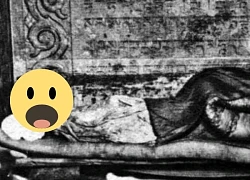 Lan Chi13:37:10 20/06/2025After the news of the tomb of Empress Dowager Cixi being robbed spread, it caused a stir across the country. People continued to get goosebumps when they saw the strange phenomenon of many white hairs appearing on Cixi's body.
Lan Chi13:37:10 20/06/2025After the news of the tomb of Empress Dowager Cixi being robbed spread, it caused a stir across the country. People continued to get goosebumps when they saw the strange phenomenon of many white hairs appearing on Cixi's body.

2 | 0 Discuss | Share
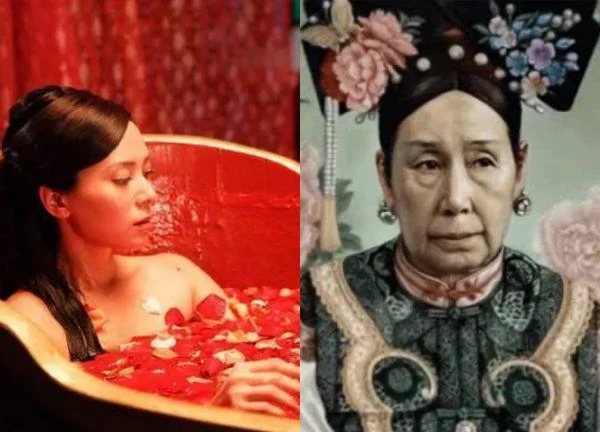
2 | 1 Discuss | Share
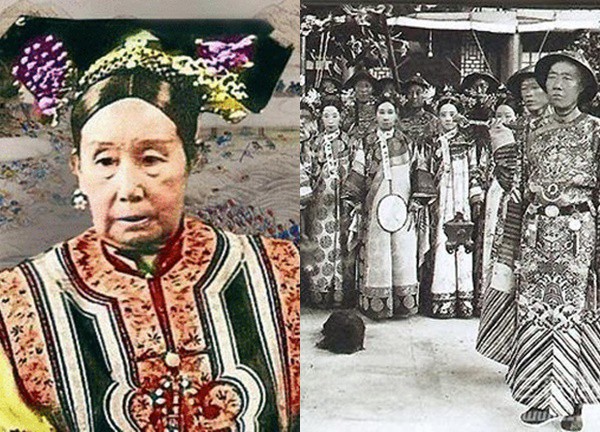
7 | 1 Discuss | Share
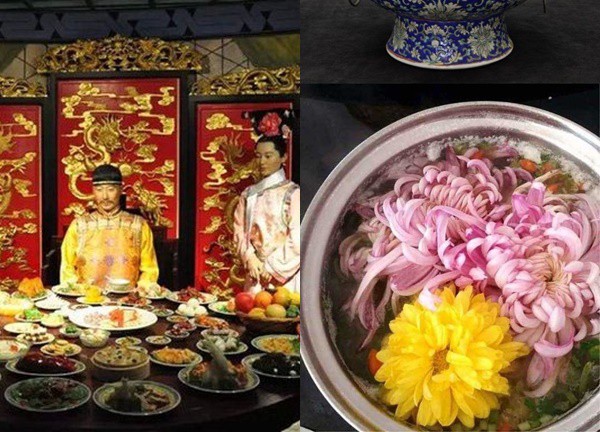
3 | 0 Discuss | Share
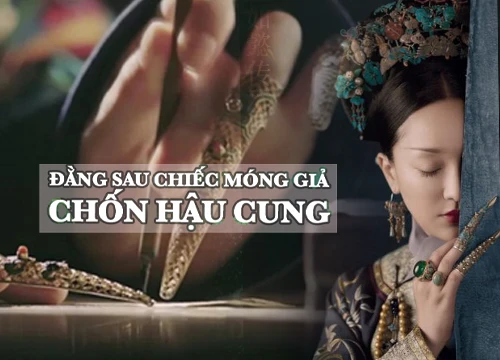
3 | 0 Discuss | Share

3 | 0 Discuss | Share
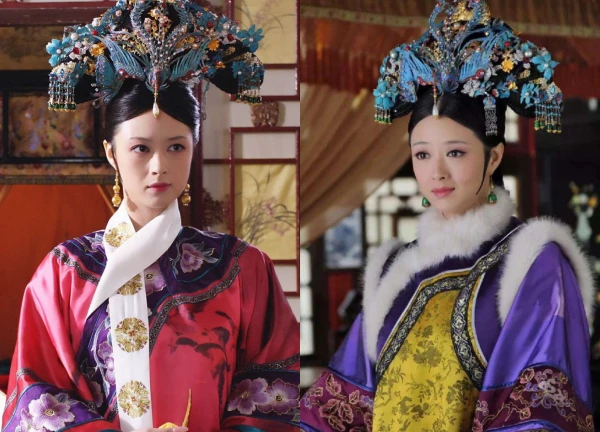
2 | 0 Discuss | Share
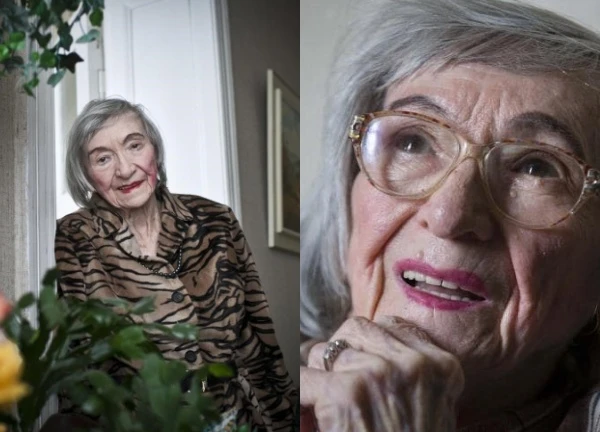
3 | 0 Discuss | Share

4 | 0 Discuss | Share

5 | 0 Discuss | Share
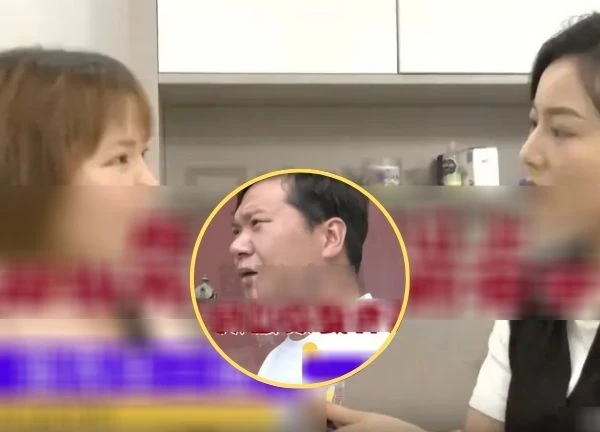
4 | 0 Discuss | Share
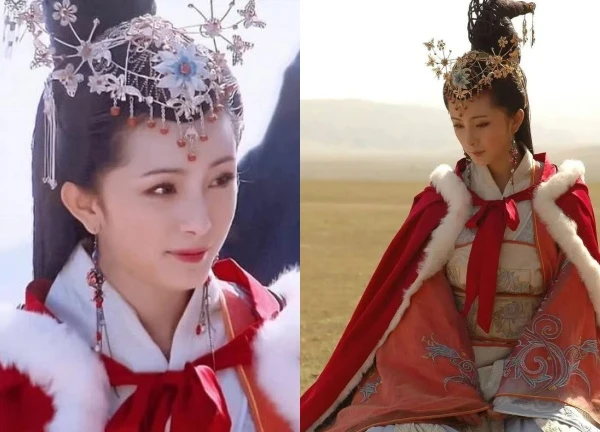
1 | 0 Discuss | Share


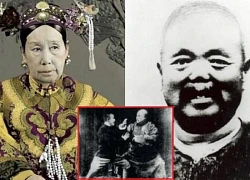
2 | 0 Discuss | Report